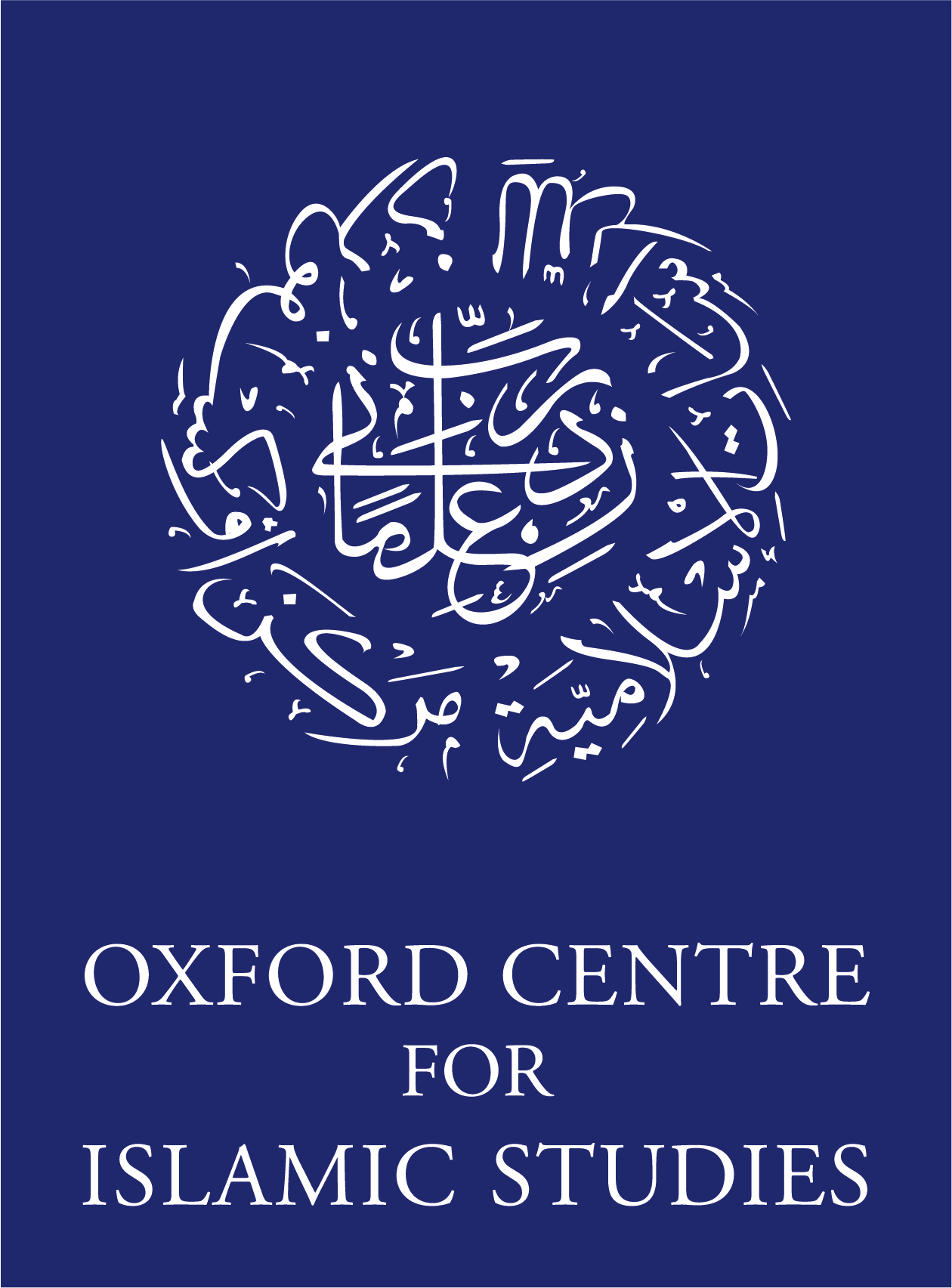The Current Arab Situation and Future Prospects
On 23 May HE Shaikh Hamad Bin Jassim Bin Jabr Al-Thani, Prime Minister and Minister of Foreign Affairs, State of Qatar, was the Centre’s Distinguished Visiting Lecturer.
Speaking in the Sheldonian Theatre, His Excellency chose as his topic an examination of ‘The Current Arab Situation and Future Prospects’. His Excellency began by recalling the momentous events that had taken place since he last spoke at Oxford a decade before, as a guest of the Centre. On that occasion, speaking as Minister for Foreign Affairs, he had outlined some of the hopes and aspirations for the region, and had expressed optimism in developing the area’s societies and democratic institutions, and in enhancing those regional frameworks that promoted the public good. Then he had concluded, he said, by stating that ‘we have the chance to divert the course of history towards a future where common good and best interests prevail for the benefit of all.’
Yet the political, social, and economic upheavals that ensued during the following years proved impossible to reconcile, despite initiatives to generate dialogue and a ‘convergence between rivals’. The Prime Minister noted that earlier efforts on the part of governments in the region to pursue internal reforms had also failed to live up to public expectations. All this served, His Excellency observed, to encourage grassroots participation in political action. The result was a ‘stormy transformation’ that drove popular demands for reforms to guarantee good governance and the supremacy of law, respect for human rights and freedoms, removal of corruption, and support for economic and social development. The Prime Minister stated his conviction that current Arab aspirations for change represented ‘an expression of genuine national and patriotic trends’, and demonstrated the necessity ‘to heed the voice of the man in the street’. In such an environment, His Excellency continued, attempts by governments to quell popular calls for democratisation and reform through security and military means were ‘futile’ against a population staunchly prepared to defend ‘their inalienable rights to freedom, reform, and democracy’.
His Excellency then turned to Qatar’s role in mediating peaceful solutions within the region. He examined its efforts to enhance existing frameworks in order to advocate the values of tolerance, justice, and openness, and the right of all citizens to live in freedom and dignity.
However, he added, ‘Democratic construction is not enough by itself unless it is coupled with genuine comprehensive development projects in economic and social areas.’ This policy, which Qatar itself pursues, was prompted by a desire to ‘widen the aspiration for success’ among Arabs and Muslims, the lack of which, the Prime Minister believed, created an environment that allowed terrorist tendencies to thrive. In order to further this aim, the Prime Minister announced the creation of a Middle East Development Bank, which would support Arab states in their transition towards democracy, and aid economic diversity and youth employment. This was in the wake of his call last year for a rapid-deployment global humanitarian operation force (HOPEFOR), which would not only bring emergency relief to victims in the wake of natural disasters, but would remain working beyond the so-called ‘humanitarian gap’ in order to ensure continued success thereafter.
His Excellency noted that since 1995, when HH Sheikh Hamad bin Khalifa Al-Thani came to power, the modern State of Qatar had fashioned the foundation on which it now operated, including its governance, administration, and laws for all citizens, male and female. The country was, he added, preparing to hold its first general parliamentary elections, as a result of the enormous popular support for Qatar’s new constitution in 2004.
The Prime Minister took questions from the audience on a wide range of topics. Afterwards the Vice-Chancellor of Oxford University, Professor Andrew Hamilton, offered the vote of thanks. Before his lecture the Prime Minister and his delegation toured the Centre’s new building, and discussed the Centre’s work programme and objectives with the Director.
A reception was held in the Divinity School, followed by dinner at Exeter College. Members of Parliament, the diplomatic corps, and senior members of the University were in attendance.
